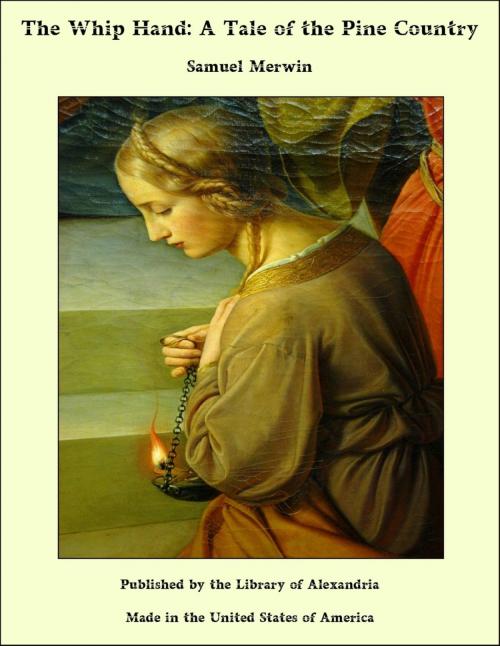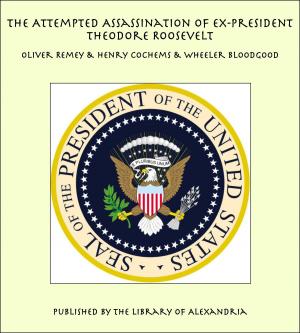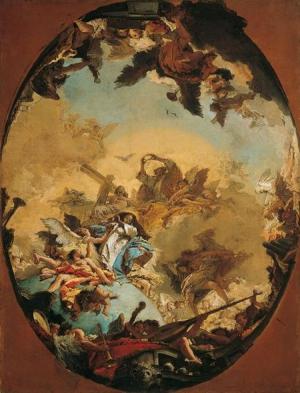The Whip Hand: A Tale of the Pine Country
Nonfiction, Religion & Spirituality, New Age, History, Fiction & Literature| Author: | Samuel Merwin | ISBN: | 9781465613882 |
| Publisher: | Library of Alexandria | Publication: | March 8, 2015 |
| Imprint: | Language: | English |
| Author: | Samuel Merwin |
| ISBN: | 9781465613882 |
| Publisher: | Library of Alexandria |
| Publication: | March 8, 2015 |
| Imprint: | |
| Language: | English |
The men throw themselves on the spokes, the horses plunge forward under the lash of the whip. A moment of straining—an uncertain moment—then the wheels turn slowly forward, the horses’ feet draw out with a sucking sound, and the boat rolls ahead. The driver unbuttons his oilskins at the waist and reaches beneath an under coat for his watch. They have been out two hours; distance covered, two miles. Before him is darkness, save where the lantern throws a yellow circle on the ground; behind him is darkness, save for the white boat, the little group of panting, grunting men, and, a long mile to the southward, the gleaming eye of the Grosse Pointe lighthouse, now red, now white. But somewhere in the darkness ahead, somewhere beyond the white of the breakers, a big steamer is pounding herself to pieces on the bar. So he buttons his coat and shifts the reins and swears at the horses. He seems to swear easily, this young fellow; but he is thinking of the poor devils on the big steamer, lashed to the mast perhaps, if the masts are still standing; and he is wondering how many of them will ever ship again. A huge bonfire lighted up beach and breakers. Around it huddled a motley crowd, students in rain-coats or sweaters, sober citizens and residents of the north shore, fishermen, and all the village loafers. But the students were in the majority and were making most of the noise. It was they who had built the fire, raiding fences and wood-yards to send up a blaze that should tell the poor fellows out yonder of the warmth and comfort awaiting them on shore—if they should ever get in through the surf. They were cheering, too, giving the college yells and shouting out inspiriting messages—as if any noise below the sound of a gun or a steam fog-horn could hope to be heard over the roar of the lake! But this was a great occasion and must be made the most of.
The men throw themselves on the spokes, the horses plunge forward under the lash of the whip. A moment of straining—an uncertain moment—then the wheels turn slowly forward, the horses’ feet draw out with a sucking sound, and the boat rolls ahead. The driver unbuttons his oilskins at the waist and reaches beneath an under coat for his watch. They have been out two hours; distance covered, two miles. Before him is darkness, save where the lantern throws a yellow circle on the ground; behind him is darkness, save for the white boat, the little group of panting, grunting men, and, a long mile to the southward, the gleaming eye of the Grosse Pointe lighthouse, now red, now white. But somewhere in the darkness ahead, somewhere beyond the white of the breakers, a big steamer is pounding herself to pieces on the bar. So he buttons his coat and shifts the reins and swears at the horses. He seems to swear easily, this young fellow; but he is thinking of the poor devils on the big steamer, lashed to the mast perhaps, if the masts are still standing; and he is wondering how many of them will ever ship again. A huge bonfire lighted up beach and breakers. Around it huddled a motley crowd, students in rain-coats or sweaters, sober citizens and residents of the north shore, fishermen, and all the village loafers. But the students were in the majority and were making most of the noise. It was they who had built the fire, raiding fences and wood-yards to send up a blaze that should tell the poor fellows out yonder of the warmth and comfort awaiting them on shore—if they should ever get in through the surf. They were cheering, too, giving the college yells and shouting out inspiriting messages—as if any noise below the sound of a gun or a steam fog-horn could hope to be heard over the roar of the lake! But this was a great occasion and must be made the most of.















